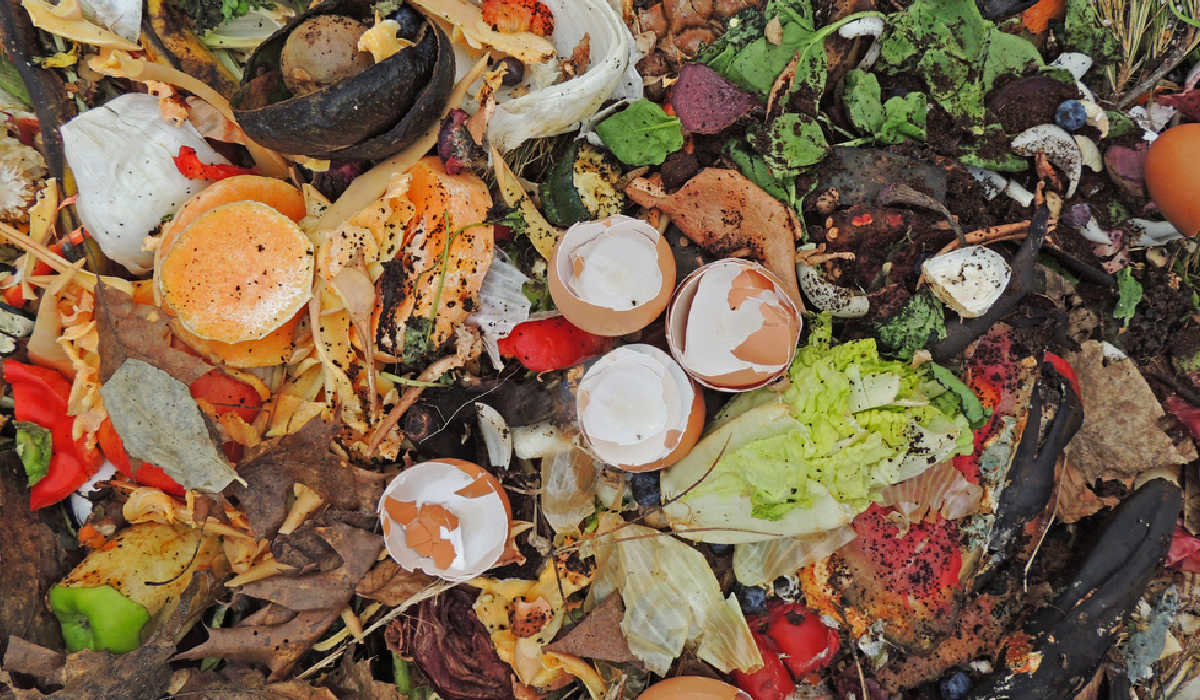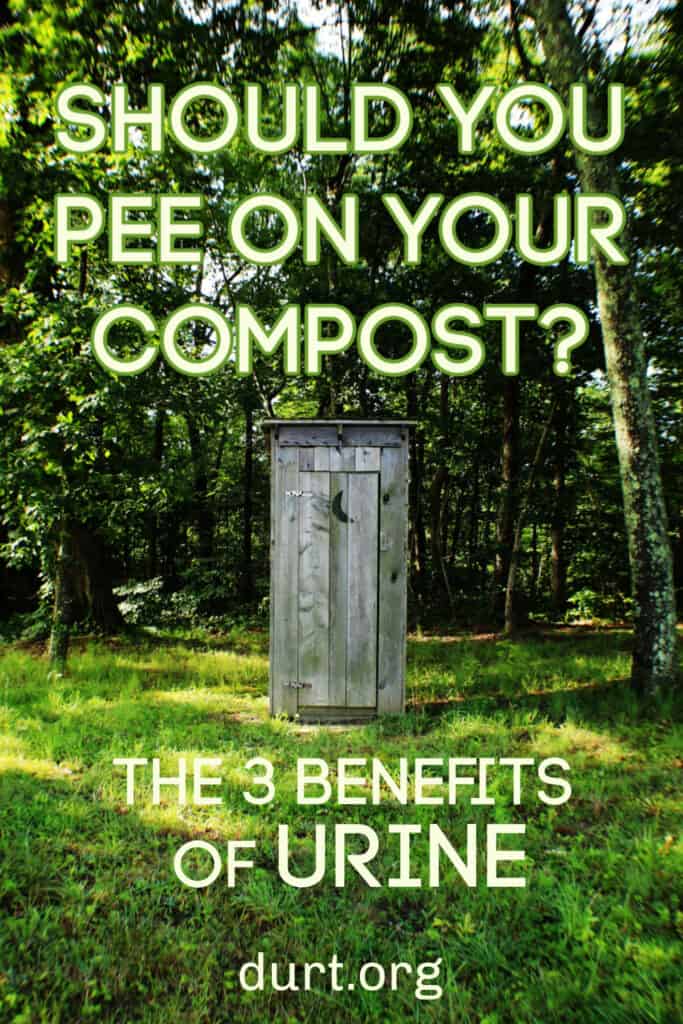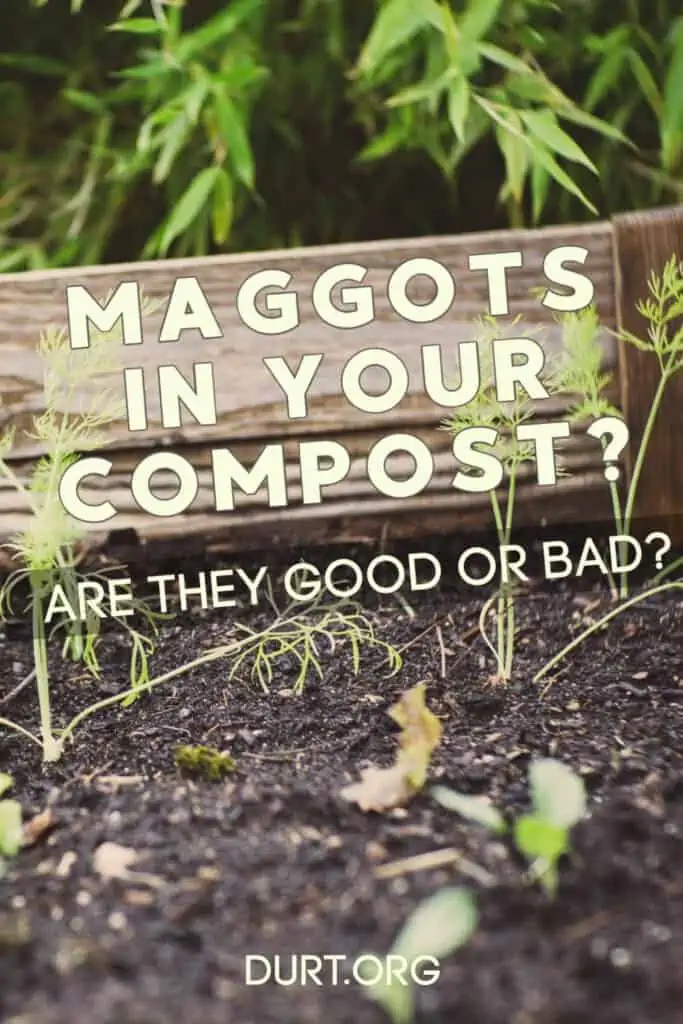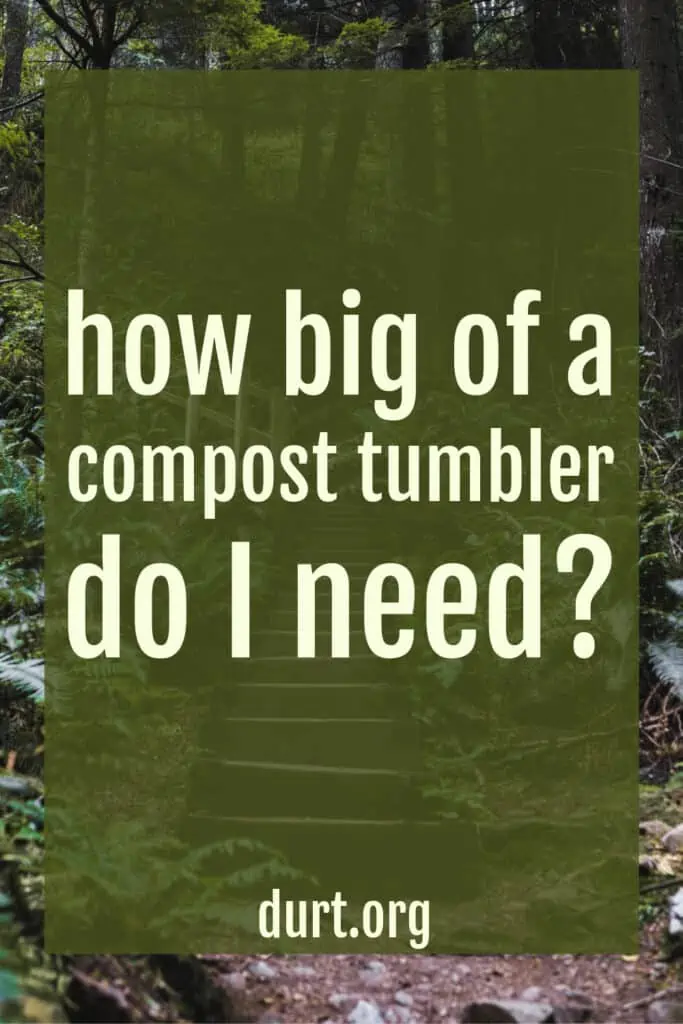As an Amazon Associate I earn from qualifying purchases.
Composting guides often passively mention that you should compost eggshells and talk about how this common kitchen leftover can benefit your garden in compost tea and pest control.
But how do you do it?
In fact, many people are left wondering and specific such as, “Can I compost cooked eggs or raw eggs along with eggshells?” We’re going to answer this question in detail and talk about adding eggshells to your compost pile and using them for pest control and as an animal feed supplement.
Composting eggshells and preparing them for use in the garden is relatively easy and safe, as long as you follow a few simple guidelines.
On the other hand, raw and cooked eggs are among the food items many gardeners say are best left out of the compost pile, along with meat, fat, and bones. There are reasons for leaving them out, depending on you and your composting system. The main potential drawbacks of adding eggs to compost are unpleasant odors and unwanted visitors.
However, there are several ways you can successfully compost whole eggs; raw and cooked, whole and scrambled, boiled and poached. It’s possible to safely and effectively break down pretty much any type of egg product in a compost pile, as long as you use the right composting method and keep the system healthy.
How to Compost Eggs, Raw and Cooked
You can compost raw and cooked eggs safely in almost any composting method, provided you are only adding small amounts.
For example, let’s say you add a few tablespoons of scrambled eggs or a half-eaten fried egg into a hot or cold compost pile once in a while. You mix it in with larger amounts of fruit and vegetable trimming, coffee grounds and filters, and other non-animal source kitchen waste.
As long as you keep the right balance of carbon and nitrogen in your compost bin, you are not likely to have any problem with adding small amounts of raw or cooked egg.
However, one problem you can have when adding eggs to compost is the smell might attract animals, leading them to dig. Scavengers won’t be a problem if you are using a closed compost tumbler or a wooden or plastic bin with a tight-fitting lid.
However, if you compost in an open pile and add cooked or raw eggs, you may need to cover the bin with a piece of sheet metal, heavy boards, or a wire-mesh screen to keep the critters out. The most likely animal scavengers in a compost pile are rodents, raccoons, skunks, possums, cats, and dogs.
Hot compost piles decompose waste significantly faster than cold piles, so if you add eggs, meat scraps, and bones, building a pile that heats up to approximately 120º to 160ºF is a more efficient disposal process. By placing raw and cooked egg at the center of the heap to start, you can keep odors to a minimum.
If you want to dispose of raw or cooked egg in a cold compost pile, bury it at least a foot deep in the center of the heap and use a heavy cover over the bin to keep out wild critters and stray cats.
Bokashi Composting Raw and Cooked Eggs and Eggshells
Bokashi composting is a fermentation process for quickly composting any food waste, including cooked and raw eggs and eggshells. The Bokashi method uses two or more large, plastic buckets to collect and then break-down food waste into a nutrient-dense sludge you add to the garden soil as fertilizer.
Bokashi composting is ideal for gardeners who have limited space for a regular-size compost pile or tumbler. It’s also a perfect method for composting modest amounts of raw and cooked eggs without some of the concerns of other composting methods.
Composting Eggs and Reducing Sulfur Odors
When you cook eggs, protein in the egg whites undergoes a chemical change, producing hydrogen sulfide. This smelly chemical is what gives rotten eggs their icky, rotten-egg smell. The greater the cooking time, the more hydrogen sulfide is released. When eggs turn green, this is also due to sulfur reacting with the iron in the egg.
Sulfur in rotten eggs can lead to unpleasant smells coming from your compost pile or bin. If you have a large quantity of raw or cooked eggs to dispose of, be sure to bury them deep in the compost pile or use a fast, hot composting method in a sturdy enclosure to break them down more quickly.
Sulfur is an essential nutrient for plants, although it’s not clear how much sulfur from rotten eggs makes its way into finished compost.
Can Eggshells Be Composted?
Eggshells can be composted or added directly to soil as fertilizer. Washing and crushing them before adding them to compost will ensure they break down quickly with minimal odor.
At its simplest, adding eggshells to a compost tumbler, bin, or heap takes nothing more than throwing them in along with the other vegetable matter and carbon materials you usually add. You can give eggshells a quick rinse first to reduce odors, and you can break them up for faster decomposition if you want.
You can also toss eggshells of any size into a hot or cold compost system and wait for them to break down. However, if you use a cold composting method, it could take over a year for them to decompose significantly.
The good news is, having a few visible eggshell pieces in finished compost doesn’t hurt anything. The shells will decompose further in the soil, adding nutrients along the way, and some gardeners say small pieces of eggshell on the soil surface helps with pests like snails and slugs.
If your compost is finished before the shells break down enough, you can also sift them out and toss them back into the pile for another round of composting. Or, try crushing the eggshells before adding them into the system to help them break down faster and more thoroughly using any composting method.
Tips for Crushing Eggshells For Compost
You may want to crush eggshells before you add them to the compost system so they will decompose and release their nutrients faster. Or, if you want to use eggshells to make compost tea, to add them directly to the soil without composting, or use them as a dietary supplement for worms or birds, you need to crush them first.
Here are tips for crushing eggshells:
- Rinse the shells in warm water and collect them separately from other compostable materials.
- Let the eggshells dry out for a few days or longer before crushing them, or,
- Bake the shells on a shallow pan in the oven at 250ºF for about an hour.
If you bake them, be sure to let them cool enough before handling them.
To crush or pulverize eggshells, put them in a blender if you want a powder, or break them up in a large bowl using the back of a wooden spoon until they’re the size you want.
Using Eggshells as Grit for Animal Feed
Worms and birds are both animals that use a special pouch in their digestive system for holding mineral grit. This anatomical feature is called a crop, and the grit inside does what a stomach does for people and other animals with stomachs: It grinds up food.
If you use a worm bin for vermicomposting, adding crushed eggshells will make your worms healthy and happy by supplying them with a ready source of grit.
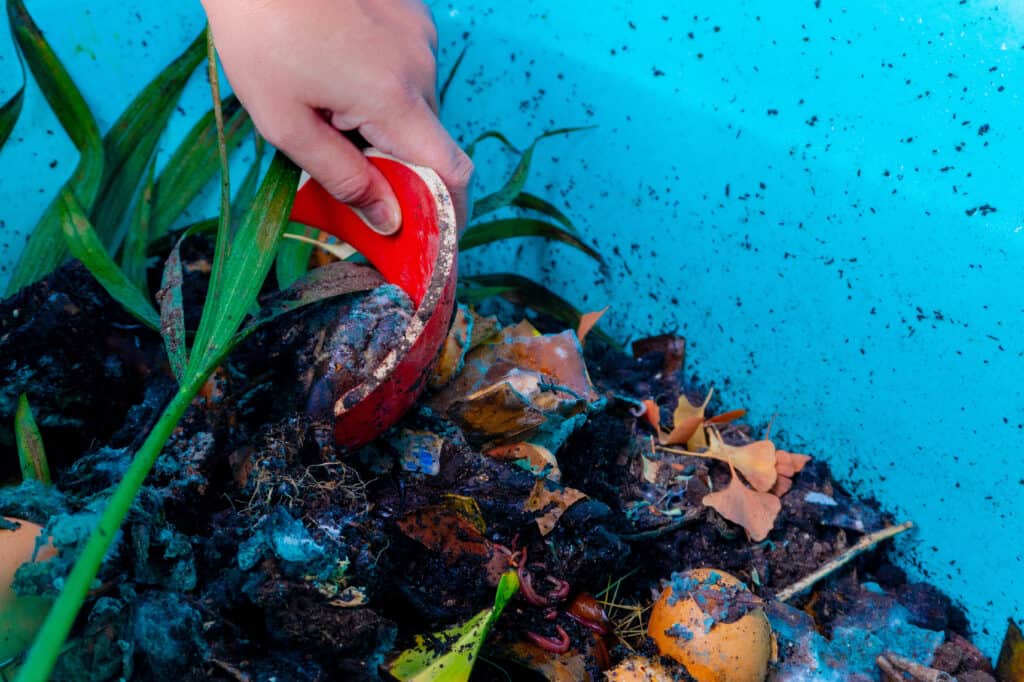
If you raise chickens, you can feed them crushed eggshells as an alternative to oyster shell for their calcium supplement and grit. The additional calcium in their diet contributes to stronger eggshells in the eggs they lay – a satisfying circle of nature for everyone!
You can also crush up eggshells and toss them outside on the lawn or in a field for wild birds to eat. Some birdwatchers even use eggshells to attract birds to the garden.
Eggshells and Salmonella Bacteria
Some people worry about eggshells transferring Salmonella bacteria into the compost, and this has a health effect on people eating food grown using the compost.
Raw eggs are sometimes contaminated with Salmonella, and this is the reason health officials warn against eating foods containing raw eggs. However, there is little chance of this microorganism causing any problem to human health if the eggshells go through a composting process or break down naturally in the soil.
If you are concerned about Salmonella contamination, wash the eggshells before adding them to the compost bucket to further minimize any risk.
Rinsing eggshells before adding them to compost also reduces odors and lowers the chances of attracting scavenging animals to the pile or bin.
Benefits of Eggs and Eggshells in Compost
Eggshells provide the finished compost with calcium, phosphorus, potassium, and magnesium. All of these minerals are primary nutrients needed by garden plants. Phosphorous is the ‘P’, and potassium is the ‘K’ in the ‘NPK’ rating you find on fertilizer labels.
Calcium is a crucial mineral for healthy vegetable plants, and a lack of calcium causes blossom end rot in tomatoes and other fruit. Some people like to put a tablespoon or two of whole or crushed eggshell straight into the planting hole for tomatoes, peppers, and other seedlings.
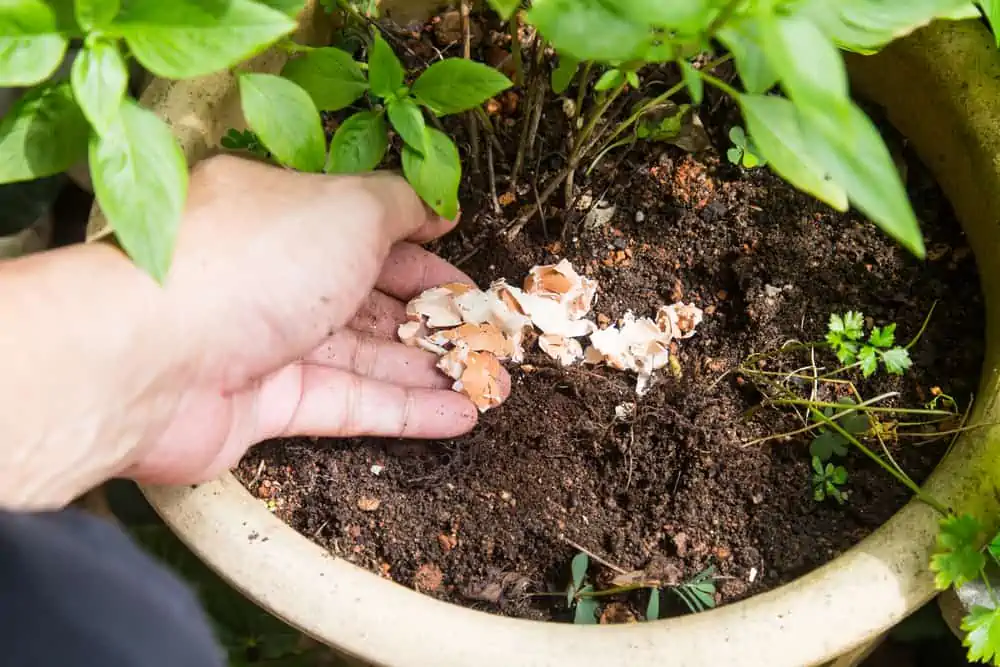
However, preventing blossom end rot also involves proper watering and the right balance of other plant nutrients, such as nitrogen (the ‘N’ in NPK) and trace minerals. A soil test is an excellent way to figure out what nutrients your soil needs.
You can get the calcium and potassium from eggshells into compost tea by boiling them in distilled water straining the liquid to water and foliar spraying your plants.
Eggshells do not contain significant levels of some essential plant nutrients, such as nitrogen, copper, zinc, and boron. Eggs and eggshells are safe and beneficial to compost but not a cure-all for plant nutrition or pest control.
At the end of the day, adding eggs to your compost is not only a better use than throwing them away but is also beneficial to your compost pile and soil.
So next time, think twice before throwing them away!

